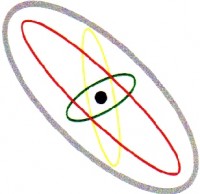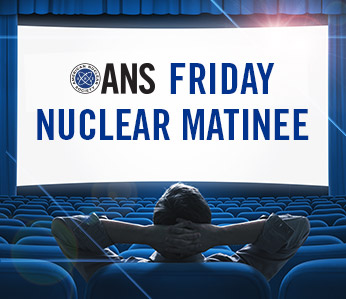Radiation in Daily Life
People are bad at evaluating risks-especially from artificial, exotic, or invisible sources. When it comes to radiation, most people are not only bad at evaluating risks, but can be irrational to the point of being phobic about them. Interestingly, many of those who are frightened of radiation do understand that it's part of the environment-they're just scared of artificial radiation, mistakenly thinking that it's somehow different from natural radiation. One of my colleagues at the Ohio Department of Health took a phone call from a worried citizen in the early 1990s and tried to explain that the radiation exposure they were concerned about (from Ohio's uranium enrichment plant) was actually less than the radiation from a cross-country flight. "Yeah, but that's that good cosmetic radiation" was the caller's answer, to which my colleague simply replied with a sigh.



